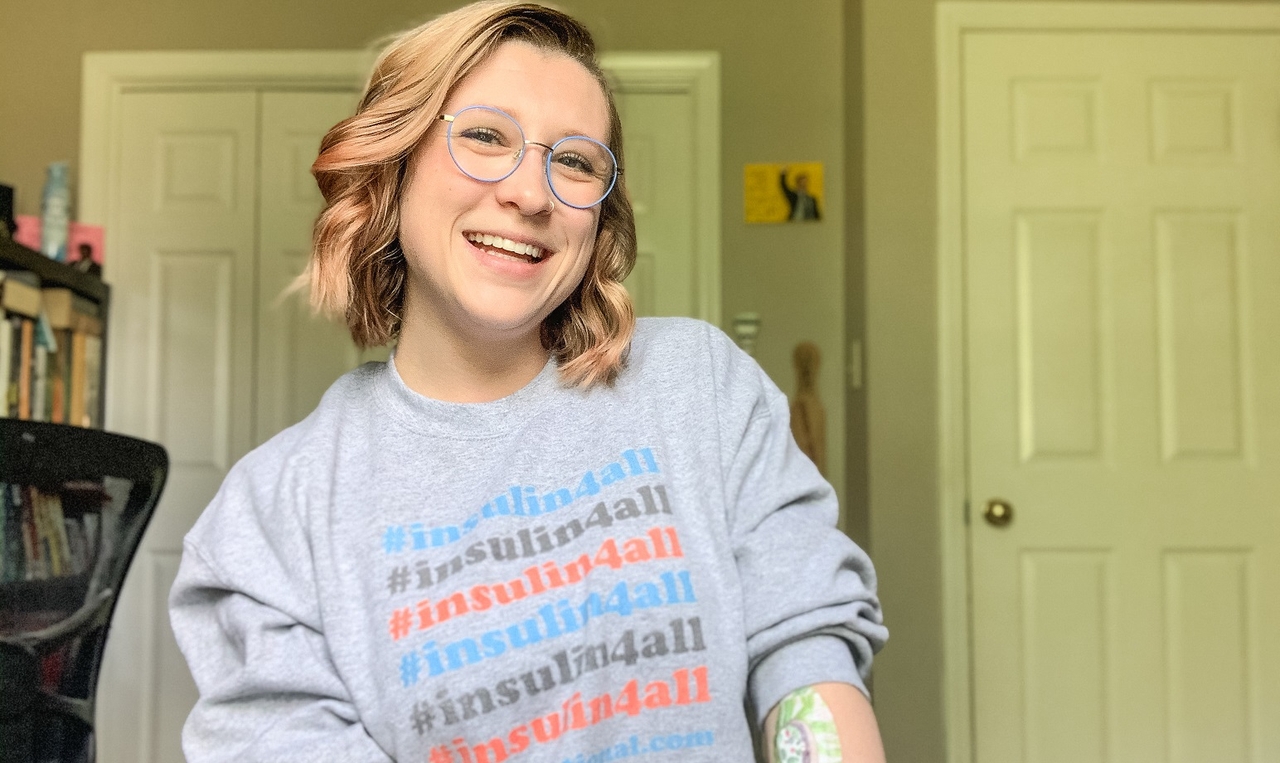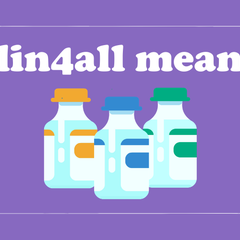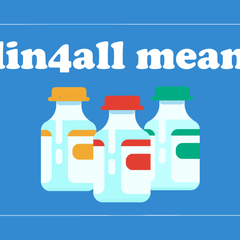
Why MODY Should be Included in #insulin4all
28 Apr 2021, 1:27 p.m. in #insulin4all USA by Kylie Hanson Kulwicki
Most people don’t know the difference between type 1 and type 2 diabetes, let alone that there are more than 2 types. I have a form of diabetes called Maturity Onset Diabetes of the Young, or MODY for short. MODY is a genetic form of diabetes caused by a gene mutation or a gene deletion. This gene mutation causes pancreatic beta cell dysfunction in most cases, and in some cases causes the body to maintain a higher baseline for blood sugar levels. Basically, the body either doesn’t make enough insulin, or doesn’t properly recognize high blood sugar levels. MODY is not autoimmune like type 1, and it is not caused by insulin resistance like type 2. MODY is usually diagnosed in adolescents and young adults before the age of 30. It is autosomal dominant, which means it can be passed on with only one copy of the faulty gene from a parent. MODY usually runs in multiple generations of families. My own father and grandmother are also diabetic.
I have had diabetes for 14 years now. I was diagnosed after my dad did a random blood sugar check to make sure that his meter was working correctly. It was working correctly, and my blood sugar was too high! I went to the doctor the next day and was diagnosed with diabetes, but they were not sure what type. I did not have type 1 antibodies, and did not display other risk factors related to type 2 diabetes, so my nurse practitioner did some research. In her research she learned about MODY and sent me for genetic testing. I was then officially diagnosed with MODY 3 (there are up to 15 types of MODY). MODY can typically be treated with an old school type 2 medication called sulphonyurea and other type 2 medications. I was on these medications for 13 years with varying success.
In 2020 I started discussing pregnancy with my endocrinologist. I wasn’t in a hurry to get pregnant, but I knew that the pills I was on were not recommended for pregnancy, and that I would need to start insulin. In April of 2020 I stopped taking my medley of 5 pills a day and switched to Novolog and Lantus injections. Prior to starting insulin, I was eating a very low carb diet and still experiencing blood sugars over 200 on the daily, with no way to bring them down other than to wait. Since I have started taking insulin my quality of life has improved immensely! I no longer say no to food, or get anxious about being able to find something to eat at a restaurant, and now when my blood sugar is high, I have a tool to help bring it down.
Around the same time that I started taking insulin, I also created my diabetes Instagram account. I was always searching for accounts of other people with MODY like me. You see, I’ve never met anyone with MODY outside of my own family! When I could never find any MODY accounts, I decided to make my own. Through Instagram I learned about the Insulin4all movement and decided to join my local chapter. I wanted to add a non-type 1 viewpoint to the conversation.
The #insulin4all movement is mainly centered around people with type 1 diabetes, which is not a bad thing. People with type one make up the majority of insulin users! But that does not mean that they are the only insulin dependents, or the only type of diabetes that deserves affordable insulin. Every single type of diabetes (MODY, type 2, type 3c, neonatal, mitochondrial, CF related, I could go on…) may use insulin, and each of those types of diabetes share the same human right of being able to afford the medication they need to stay healthy. It is important to be inclusive of all types of diabetes when advocating for #insulin4all. TInternational has shared other diabetes perspectives on this blog as well.
Some other ways to address this are as simple as changing the language used. Does type 1 need to be specified? Or could a generic “diabetes” or “insulin dependent” be substituted in its place? For example, “All people with type 1 diabetes deserve affordable insulin.” Could easily be changed to, “All people with insulin dependent diabetes deserve affordable insulin.” Those of us with rare types of diabetes often feel left out of the conversation and like no one is advocating for us simply because the language doesn’t include us. Bringing awareness to other types of diabetes is the first step to creating an inclusive space in the insulin4all movement. If people are aware that other types of diabetes exist and can be insulin dependent, then they are more likely to include us. We are all in this together, because #insulin4all means ALL.





